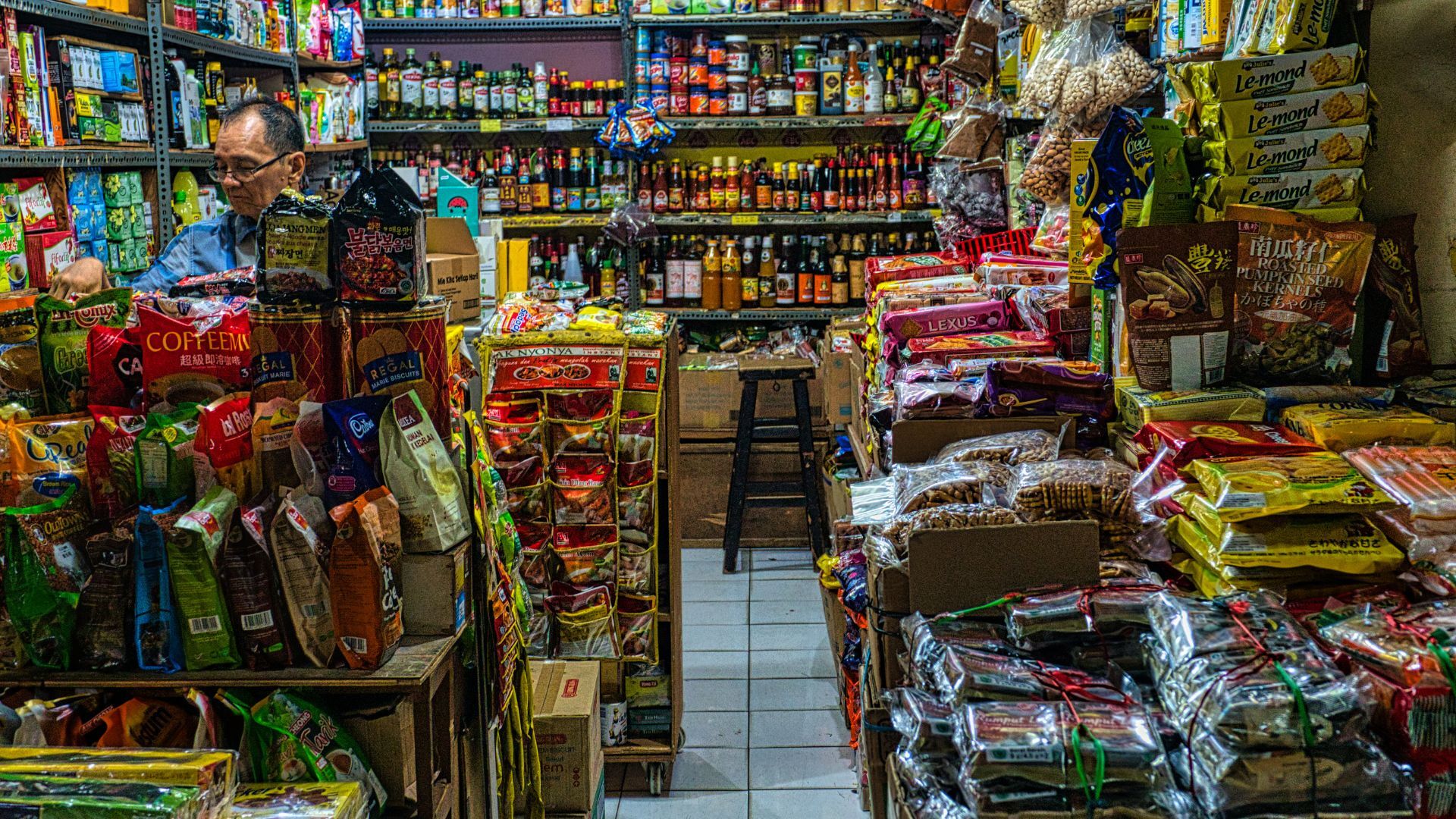
India’s FMCG and retail landscape reflected mixed signals this week - a blend of temporary slowdowns and long-term optimism. Most large FMCG companies reported muted volume growth in Q2 FY26 as trade adjusted to the new GST regime, but executives remain upbeat about a stronger second half, supported by price cuts and improved consumer sentiment.
At the same time, rural markets are emerging as the next frontier. Rapid digitisation and growing smartphone penetration are helping FMCG companies deliver tech-driven shopping experiences beyond metros. Meanwhile, India’s $1 trillion retail market is being reshaped by direct-to-consumer (D2C) brands that cater to evolving consumption habits across age groups.
In corporate developments, Tata Consumer Products posted a robust 11 per cent profit rise on strong tea and salt sales, while Godrej Consumer Products acquired men’s grooming brand Muuchstac to strengthen its portfolio. Together, these moves signal an industry recalibrating for growth after a volatile quarter.
Click on the headings below for insights on how these trends are shaping India’s retail landscape…
1. Volume growth still eludes FMCG cos
The second quarter was a mixed bag for Indian FMCG companies as far as volume growth is concerned. The quarterly results of large FMCG players show that most of them witnessed muted volume growth and faced operational disruption in Q2FY26, as the industry grappled with the transition to a new, simplified GST regime. Some companies, though, have seen healthy volume growth in some pockets of their product portfolio.
2. FMCG firms target rural markets after witnessing rapid technological adoption
With the rapid adoption of technology and a growing digitally fluent population, Fast-Moving Consumer Goods (FMCG) companies are increasingly focusing on delivering tech-driven purchasing solutions to rural markets. According to a recent Deloitte-FICCI report, India's retail industry is projected to reach over USD 1.93 trillion by 2030. This growth is fuelled by the digitally fluent population and the rapid adoption of technology.
3. FMCG firms see better second half after weak Q2
Some of the country’s top consumer goods companies, which have reported their second quarter numbers so far, believe the second half of the ongoing financial year will be stronger than the first, driven by better demand conditions. The GST-related trade disruptions that had hurt financial performance in the September quarter will abate, top executives said, with volume growth likely to improve on GST-induced price cuts and income tax cuts.
4. How D2C Brands Are Reshaping India’s $1 Trillion Retail Market
India’s retail sector is undergoing a major transformation, shaped by rising consumption, shifting consumer behaviour, and the rapid evolution of retail models. A recent CBRE report titled “India’s D2C Revolution: The New Retail Order” highlights that the retail market has grown from around $0.4 trillion in 2014 to $ 1 trillion in 2024 and is set to more than double to $ 2.2 trillion by 2034. This growth reflects increasing disposable incomes and changing buying patterns across generations.
5. Tata Consumer Q2 profit rises 11% on strong India tea and salt growth
Fast-moving consumer goods major Tata Consumer Products on Monday reported a 11 per cent on year jump in its net profit attributable to shareholders at ₹404 crore in the second quarter of the current financial year (Q2FY26). Net sales in the reported quarter were up 17.8 per cent compared to the same period last year at ₹4,966 crore on the back of double-digit growth in the India core business across tea and salt.
6. Godrej Consumer Products signs pact to acquire Muuchstac in all-cash deal
Godrej Consumer Products Ltd. (GCPL) has signed a definitive agreement to acquire the FMCG business under the ‘Muuchstac’ brand via slump sale from Trilogy Solutions for approximately ₹449 crore as it aims to drive profitable growth. The deal will be done in two tranches and is an all-cash deal. In the first tranche, GCPL will make a payment of ₹289 crore for an enterprise value of ₹380 crore, and the second tranche will be 12 months later for approximately ₹160 crore at an enterprise value of ₹400-500 crore, it said in its stock exchange filing.


 2 minute read
2 minute read


